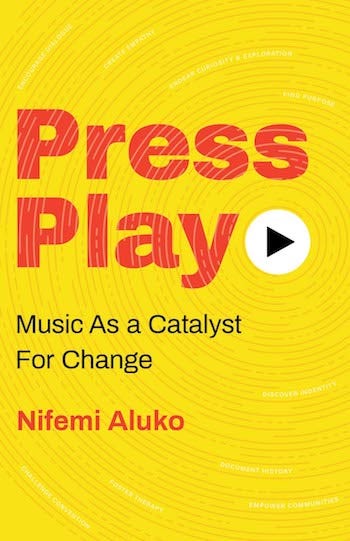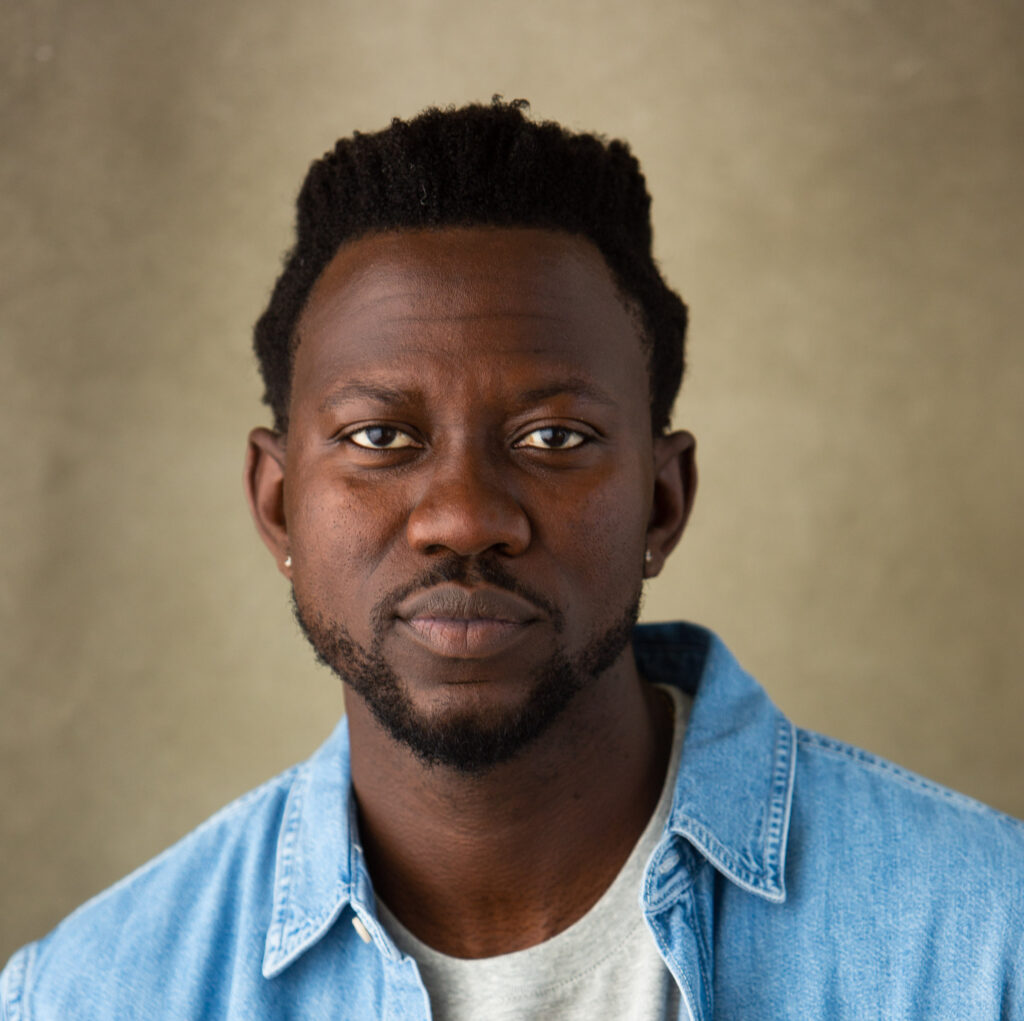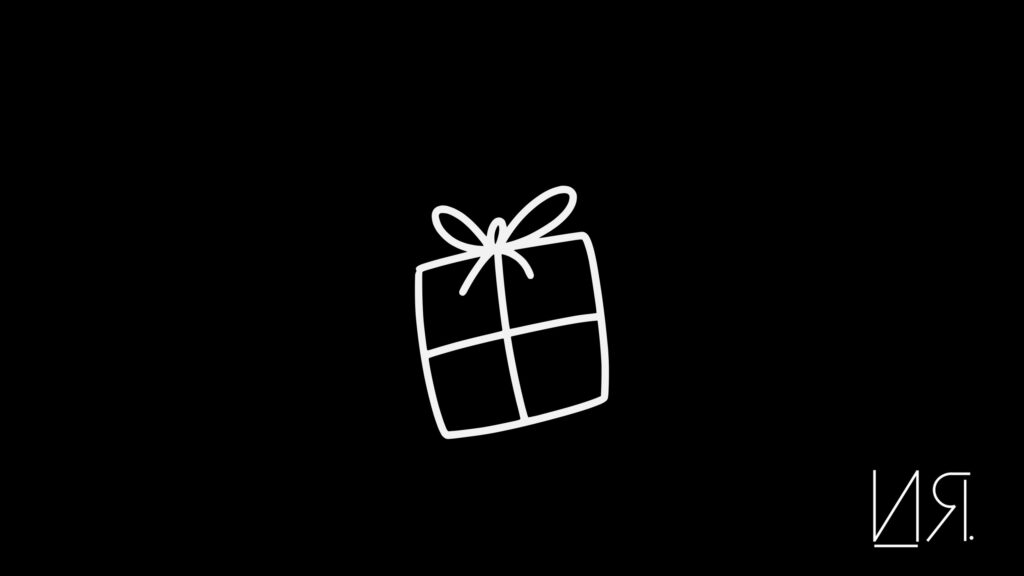This world is filled with pain and suffering.
The blatant violence against the marginalized — people of color, women, and people with little to no means — has become a new form of malignant normality.
We are in an era where you can’t avoid these atrocities. These actions are done and shared through videos around the world. We start to accept that this reality is normal.
The recent killings of young black people in America and the perpetual injustice especially at a time when a pandemic that was initially called the “great equalizer” has been disproportionately killing African Americans just amplifies the systematic oppression that has been ingrained in America’s history for centuries now.
The world is like a pressure-cooker right now
My initial reaction to this injustice is just pure anger.
I know I’m not the only one that reacts by saying “F**k the police” whenever I see a human being killed by the same workforce that is paid to serve and protect their lives.
Then a voice of reason pops into my head and says “but these are just the bad apples of the police force”
My next question is — where are the good cops?
Where are they to deescalate the situation?
Where are they to hold the bad cops accountable?
One thing that can’t be negated is the human feelings when these types of atrocities happen.
People are once again filled with pain — stuck in a groundhog days of a notoriously unjust system.
The endless killings. The injustice. This pain can be crippling, causing a lot of people to also feel helpless because they don’t know how to effectively make change happen.
Others have chosen to go out and protest to make sure the voice of the marginalized are heard.
Some might burn and loot. These are all voices of the unheard.
But how do we effect real change? Change that will last for centuries.
This has been on my mind recently, especially since I completed the research for my book — PRESS PLAY.
So how did we get here?
Over the years I had known about the history of conquest — but delving into the years of domination coming out of the age of discovery between the 15th and 17th century in Europe left me in a state of sadness and helplessness for a month after completing my manuscript for the book.
Trying to balance an optimistic voice in my writing for a better future and the reality of an oppressive past and present was very hard to consolidate as I wrote my first book.
You see, what is going on today has been going on for centuries from the religious expeditions, to the search for new trade routes, to the trans-atlantic slave trade, to the colonization of Africa, Native America, the Caribbeans, and Asia.

In gilded cloaks they came with their guns, germs, and steel disguised as guests but really just thieves in the night.
These colonizers have a sense of entitlement to the world — everything and the people that reside in it. They, their neo-colonizers that have adopted this colonial mentality, and their militarized zombies continue to perpetuate a system that works for them.
That’s how the wealthy in resource-rich continents can travel across countries for medical reasons and the everyday person doesn’t even have sufficient bus money to get to a hospital — just to find out they don’t have sufficient medical devices — but that’s another story.
Over the years, these down-pressors have built their advantage through a dehumanizing system of seeing people that don’t look like them as less than human beings.
They go in and dominate. They take the land. They enslave the people. They steal the arts and the culture. They demonize their spirituality and religion.
On one side of the spectrum is the blatant supremacists— the Nazis and KKK. Those that kill and carry out these injustices.
On the other end of the spectrum are the complacent bystanders that know the system works for them.
They are the ones that lack empathy.
They can’t find it within themselves to acknowledge the invisible divide so they don’t feel much when people on the other side of that divide are oppressed or killed.

These Beasts of no nationcontinue to develop a system that keeps the working class in an exhaustive rat race, keeping their belly full at the expense of increased poverty and hungrier children.
Their guiltiness is guised in false charity, ingenue solidarity, and corporate virtue signaling.
It doesn’t end there
This dehumanizing system has been so ingrained in our collective psyche through reinforced narratives and one-sided storytelling that even the oppressed begin to see themselves as less.
Trained in their schools, we buy into their reward and education systems. We learn and sometimes become addicted to validation through grades and performance metrics all for the chance to improve one’s economic means.
Some choose to say “teacher don’t teach me nonsense”, while others say “hey, I’ll drink the cool-aid” for a preservation of the order and unfortunately become part of the “educated fools” collective.
Based on the value they place on themselves and others, they internalize the consciousness of their oppressor and help to perpetuate the same oppressive system that has kept them oppressed.
You’ll see this in different forms — racism, tribalism, bleached skin (because being white is better), domestic violence, mistrust, and the most crippling of all — is the helplessness.

When you believe that you cannot actively transform your reality, then you become just an object of an oppressed system that’s built for a class to objectify your being — as something that can be bought, sold, whipped, killed, and left for dead.
Wanlov the Kubolor, a Ghanaian musician, gave some more context on the rippling effects of colonization and these oppressive systems:
“Then these people started showing us a certain life and say we are in the dungeons. We are cleaning, we are doing all these foolish donkey jobs. And then you see that they are enjoying on a certain level and you start wondering. And you see that they also give favor to the children they give birth with African people that are more fair complexioned. So over the years, you start seeing favoritism for lighter skin. You start seeing favoritism for people who believe in their God, which they are using to deceive you to be more docile. You see favoritism in them — the way they favor people who speak more like them — like, wow, he speaks English, so eloquent.” PRESS PLAY, Chapter 11: Rebellious Historians

Once you accept that you cannot transform your situation, the oppressors have played their ultimate chess move on you.
Quite not the checkmate yet— but their Babylon system is winning and it’s working. But it‘s not working for you.
It’s hard to make change once you feel helpless.
It’s close to impossible for you to galvanize and change a situation when you do not feel empowered.
Let’s use the past as a reference for the future
So how can we move forward and transform this current reality?
We can look to the past to learn how people have made change.
From slave rebellions to grassroots political and national uprisings — which has been the most effective?
Does one take the non-violent route or do you fight for your rights by any means necessary?
The waves of these movements continue to undulate. They come and go. Some waves come in bigger than others and a lot of them have brought about significant change.
The struggle of freedom-fighters such as Nelson Mandela, Steve Biko, alongside musician Mariam Makeba telling the apartheid regime of South Africa to quit it, attacked the systemized and institutional racial and economic disenfranchisement and brought about a more developed South Africa which is, unfortunately, still haunted by racial injustice today.
The Civil rights movement of the 60s brought about major social change in terms of human rights.
“ Jim Crow was more than a series of rigid anti-black laws. It was a way of life. It included deliberate disenfranchisement to black voting rights and conspicuous discrimination in the form of lynchings and police brutality. A lot of civil gains were made during this era through nonviolent protests and protective black empowerment movements. Through countless hours of protests, speeches, and community organizing, African Americans were able to build solidarity across races to protest for equal rights and justice for all individuals.” — PRESS PLAY, Chapter 4: Voice of the people

These changemakers unified and worked at changing the system from different angles. They worked in solidarity with their brothers and sisters and acted as agents of transformation for themselves and even for their oppressors — who have lost their humanity through consistent apathy.
How to move forward and be involved in real change
Although there has been progress, it’s still not enough.
There’s still a long way to go as we can see that these oppressive systems are still at work in our communities at a time when we are all more connected than ever.
“It is absolutely essential that the oppressed participate in the revolutionary process with an increasingly critical awareness of their role as subjects of the transformation.” — Paulo Freire, Author of THE PEDAGOGY OF THE OPPRESSED
We all have one thing to start transforming our reality and that’s our voice, our stories, our perspective on what is most important to us in this life.
In PRESS PLAY, I made the case that music is a supertool that we can use to tell stories because of its strength in communicating through sounds and feelings.
At the end of the day, as social beings, our goal is to communicate with one another and we now have different tools in our hands to communicate and amplify our voices with.
- So tell your story and speak up for the change you want
In this case, the criminal justice system in America has to be reformed by any means necessary. We cannot continue to sit back and watch our brothers and sisters continue to get killed senselessly.
Everyone has a responsibility to bring about the change they want. No one is going to hand it to you.
In a continuous state of war, we want peace but let’s start with equal rights and justice.
- Engage in Dialogue
Engage in dialogue with one another and be very clear and specific on what we want to change and be informed about the steps that we can take to change.
Since huge goals cannot be achieved simply through individual efforts, it’s important to find real allies that want the same change that you want and are ready to walk hand-in-hand with you to actualize that vision.
Protesting on the street is one way to get the demands of the marginalized out there.
These efforts don’t have to be limited to the streets.
Get the message to your community, reach out to a lawyer and see how you can change the system, demand change from your elected officials, tell your perspective and let the world know that this continues to be important especially if we want to build a better for the future generations and preserve the gift of mother nature that we have.
If you’re interested in a sample letter that you can send to your senators, governor, council person, mayor, and other elected officials, here is sample — police reform letter — that a friend sent to me. Tweak it and send it out to your representatives.
- Take action and build your own community
The most important thing now is — taking action.
Do something positive.
We can all just talk about it. Using myself as an example, it’s one thing to write an article or a book but what will I do after to bring about the change I want?
And if writing articles and books happen to be your form of action — then more power to you.
My call is that we all have to continuously take strategic steps incrementally to bring our vision of an equitable and fully empowered world to reality.
My people….
Stifled in search of respiration, we remain solid as a rock because we know we gonn’ be alright.
For all my people of African descent, distant relatives, and other sufferers, where ever you are in our vast astronomy, let’s unite.
We have to build for ourselves and our communities, and actualize our African Dream — in which the continent is the most equitable, prosperous, and safe land of promise to live.
A place where our maximize our collective contribution to humanity and build a better world. We have to work towards goals that are so ambitious that you and I may not even see it manifest in our lifetime.
For us all, we need to acknowledge our egos to spring into the necessary shift of our collective consciousness — remembering that the collective change starts with the individual.
And that change starts with YOU!
So let’s build.
Let’s get active.


